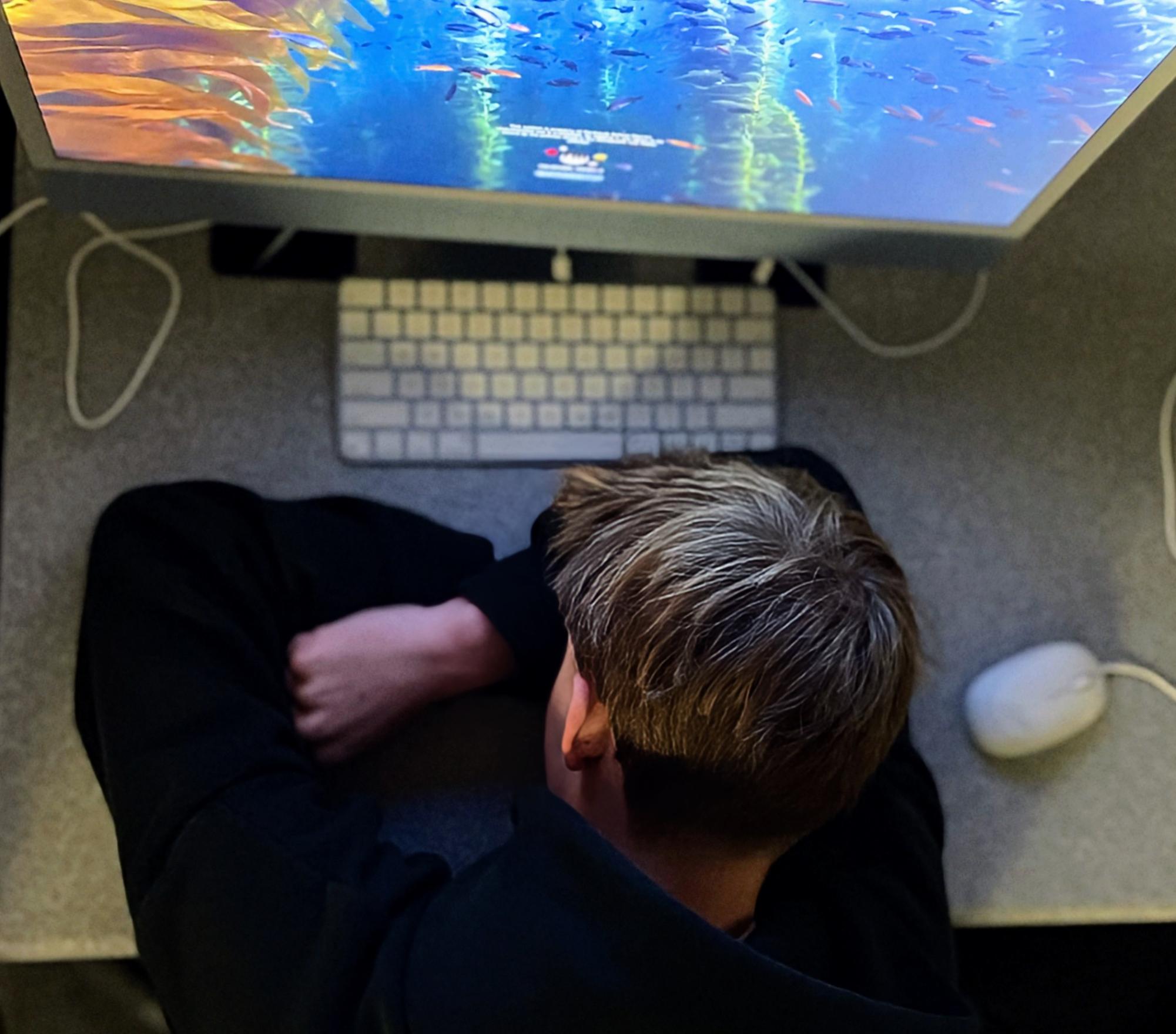Waking up in the morning to go to school can be the hardest part of a teenager’s day, and the school day itself is no simple task on its own. 7:30 is when the first period begins at Gig Harbor High School, and students have to wake up earlier depending on how long it takes a student to get ready and get to school. Being at school is often the second hardest part, and although school doesn’t have to be stressful or boring, it often feels that way.
Sleep is no doubt one of the most important factors that affects every aspect of a person’s day, especially for growing teenagers who need more sleep than the average adult. Studies show that lack of sleep can increase the difficulty of coping with even relatively minor stress, and when asked if they get enough sleep, students answered with similar responses. Brendon Kilcup (10) responds, “No, I don’t get enough sleep every night because school starts too early, and it makes me want to nap and not focus the whole school day.” Research shows that the leading cause of a lack of focus is stress, and stress is significantly impacted by a loss of sleep. Not only does loss of sleep cause a lack of focus and stress, but an inconsistent sleep schedule can be just as bad, or even worse. Inconsistent sleep affects a crucial part of your body’s rhythm, which is the sleep-wake cycle. When the body’s sleep-wake cycle is interrupted or inconsistent, your hormones are disrupted. This hormone disruption leads to mood changes, tiredness, lack of focus, and potentially mental health issues such as depression and anxiety.
With many students attending extracurricular activities in addition to homework, getting to sleep at a reasonable time can be difficult. Students may not be able to focus in class; it can lead to them feeling overwhelmed or stressed in their courses as they hadn’t learned the previous material well enough, which not only affects their learning but also teens’ already compromised mental health. It’s proven that you retain information significantly better with a positive mindset rather than a negative one, and unneeded stress from issues focusing disrupts your learning. One tenth grader, Ben Watters (10), stated, “I don’t get enough sleep every night, so I often end up sleeping in third period,” with another tenth grader, Mak Randolph (10), saying, “I do not think I get enough sleep every night. I’ll sleep through classes because I’m so tired, and I think that it sets me up for failure.” The lack of sleep from the night before can lead to many feeling unable to stay awake in school. This majorly affects the student’s learning, and as one thing leads to another, the lack of sleep creates a vicious circle turning round upon itself until it’s stopped at the root.
Although it would seem easiest for every student to go to sleep at an earlier time to allow for maximum hours of sleep, most students’ schedules don’t allow for this. Pushing school hours to later in the day would also seem reasonable, except that after-school activities would either have to run shorter or students would use the time after school the same and go to sleep at a later time. What’s most important is that people are aware of the importance of sleep and prioritize it over unnecessary before-bed activities like scrolling on their phones or watching TV. Once a consistent sleep schedule is established, it won’t be difficult to skip out on the before-bed activities to maintain that extra hour of sleep.


